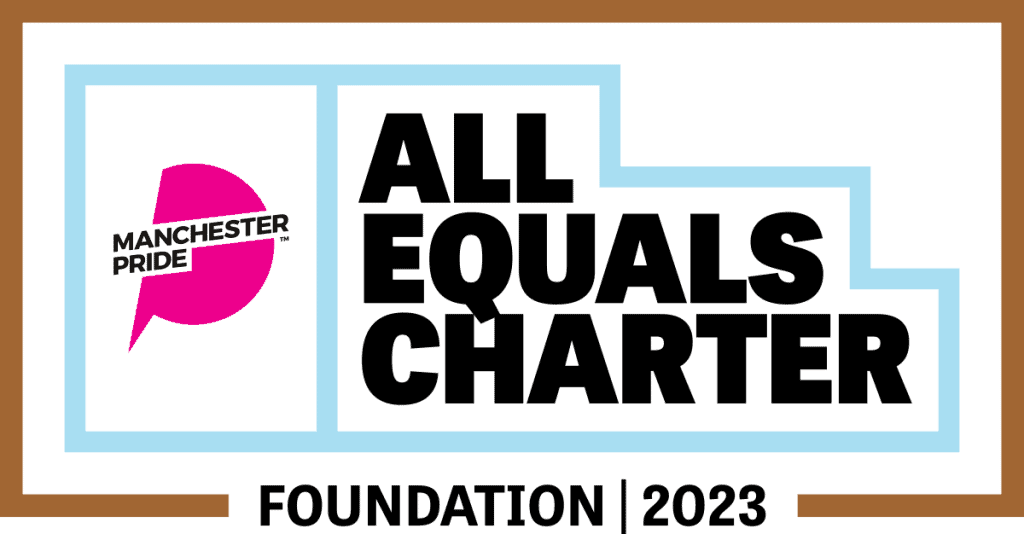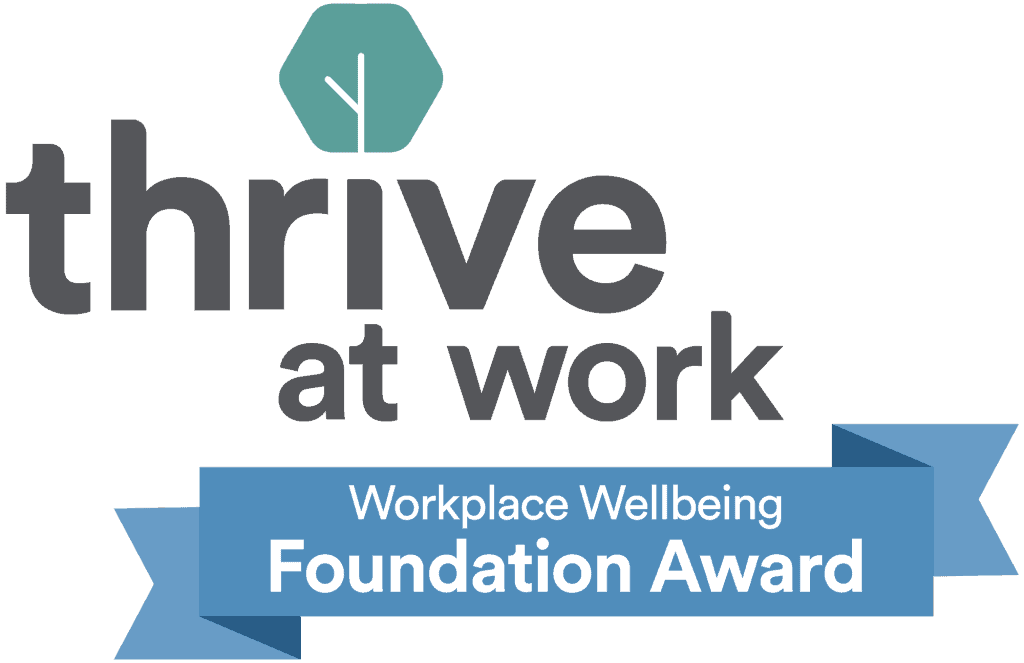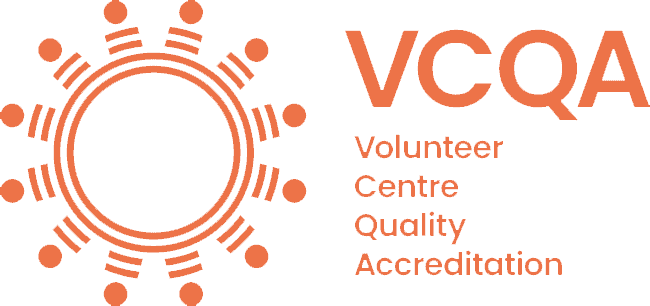It has been an interesting couple of weeks for charity/politics nerds like me; though I am not the only one, nor the most informed or expert by a mile. It’s a bit of a long one this month folks, so get a cuppa first.
A number of week’s back, the Arts Council (who is one of our funders I might add) issued new guidance around managing reputational risk. I actually heard a very good interview from one of their senior team, explaining this was about supporting grant recipients, including charities to think ahead and manage communications, to not be caught on the back foot by something ‘political’ that they had not seen coming – my paraphrasing. Nevertheless, the wording that cautioned grant recipients about statements which were ‘matters of current political debate’ did not go down well, with many artists of all kinds rightly pointing out that much art is very much about issues of current political debate – that is the point of it! I was therefore really pleased to see Arts Council listen and revise its guidance last week, removing this reference and another to ‘things that are overtly political or activist’. Artistic charities and indeed all charities have a right to be political on any and all issues that are within their charitable objects. If your aims are to end food poverty for example, you can rightly comment on political decisions, policies and I would argue, high profile and influential media statements made by politicians, if it furthers this cause, be that about the welfare state, the minimum wage, employment law or whatever you reasonably believe might help your beneficiaries.
I also want to note that you can’t always be expected to do it politely or to always get it right. Charities should act with reason and where possible with courtesy (and steer away from personal insults, as hard as this can sometimes be); and they should of course plan, but sometimes they must also take a punt and try to change things, and sometimes that means ruffling a few feathers. There are few mass societal changes in attitude or practice that have come from a person or organisation playing it safe! Andrew Purkis explores this further here.
And to that extent I was also pleased to see the launch of a new Charity Commission strategy this week with the strapline ‘Fair, Balanced and Independent’. A welcome change in tone and one hopes practice when some of those big charity vs politics stories hit the media. I wait to see how this pans out in reality but am hopeful it will reinforce the separation of the Commission, from the government, which continues to behave badly when it comes to charity independence…
This leads me to the most controversial charity/politics issue of this last few weeks (yes there has been a bit of a glut), the government removing funding from the charity The Inter Faith Network (IFN) in the full knowledge that this would lead to the charity closing and its important work ceasing (if not critical work in the current Jewish/Islamic context). Now, you may say that any funding body can’t be held to ransom by the threat of closure of a charity and that charities close all the time – you would be right. However, in this case the funding offer had been made, but was conditional on the charity removing one of its members, who was also a trustee – yes really, details here. The reason given was the member organisation (The Muslim Council of Britain or MCB) was not an organisation that the government currently engages with. As the IFN point out, the MCB is a legal organisation at the heart of the Islamic faith community, and as such there is no reason for the IFN not to accept their membership and to work with them. The IFN doesn’t condone the activities or views of its members just by having them as members and in accordance with its own governing document, any member can stand to its Board of trustees. An interesting point as both things also apply to us, as your local VCSE network organisation – in fact, we may in theory support two or more members who have very much contradictory views!
The reason this somewhat complex case is really important is that it undermines, or seeks to, the independence of charities. It says: We will only fund you if you agree with our policy in relation to this member/trustee. You should do what we tell you, or close. You should not follow your own governing document, and we aren’t acting via the independent regulatory body (The Charity Commission – seemingly because there is/was no regulatory issue). You are not an equal partner, and we can force this upon you.
Let me take this out of context to something local. Imagine the council telling Support Staffordshire it would remove our funding unless we fired a trustee and removed the member organisation. Imagine that was you or your organisation, and the only reason given was that the council doesn’t currently engage with you. Let’s say you have fallen out with a councillor or had a run-in with a council officer or even something formal like a planning dispute. None of those things would give the council the right to intervene in our governance. This was wrong and I believe it needs attention. Thankfully, our local councils have never to my knowledge acted in such an arrogant way and hopefully never will.
But some local councillors do often try and use local charities to their advantage in election materials. Every time I see us mentioned in a leaflet, usually to portray a kind of ‘man of the people’ image, I contact the councillor and ask them to please not do it. We are not, rightly, allowed to comment on who we think the public should vote for, so our name should not be allowed to be used to imply we support them by association. Currently this is legal, but it is not morally right, so if you are a councillor or prospective candidate, please don’t do it -and by exercising this restraint you are doing your bit to ensure charities remain independent to further their good work.
Garry Jones (he/him)
Chief Executive





